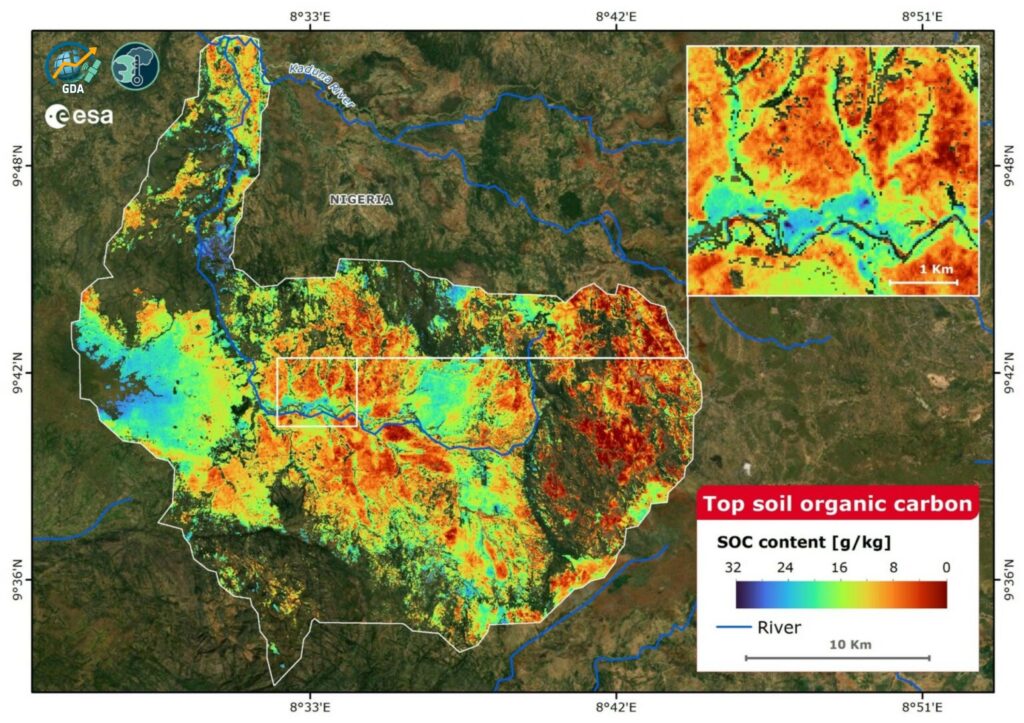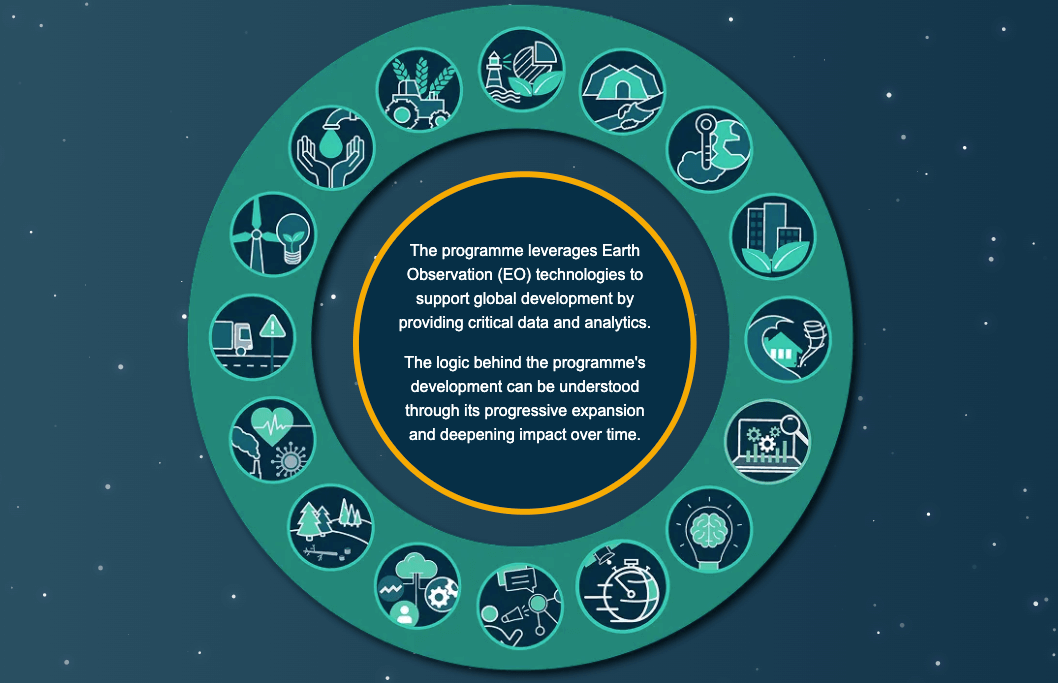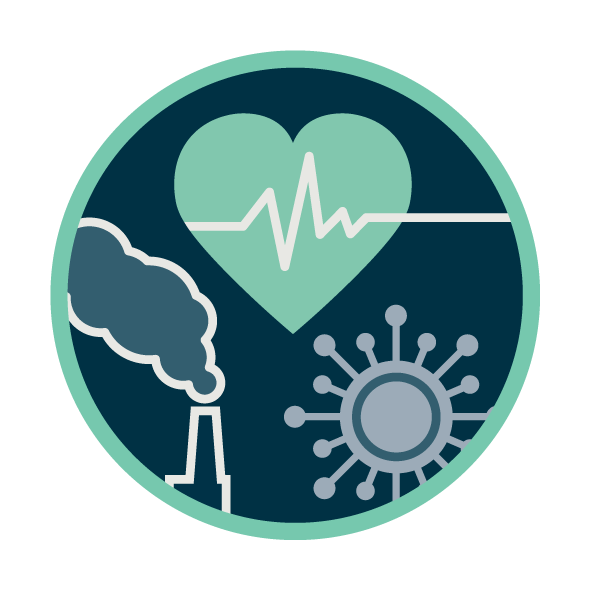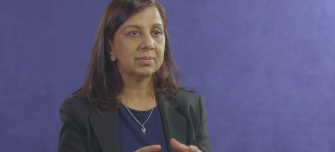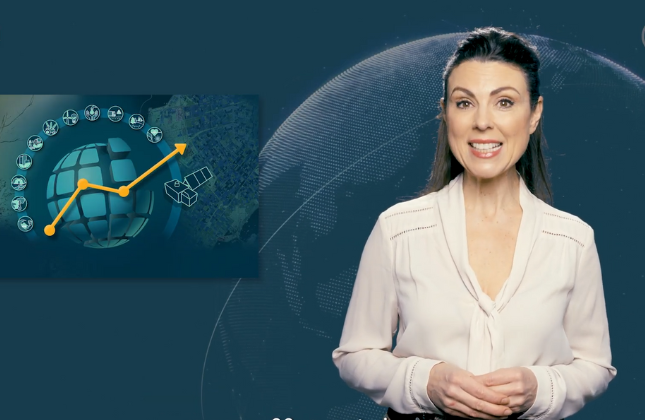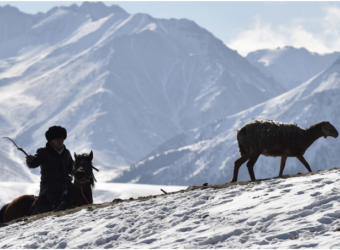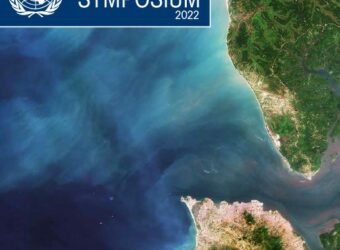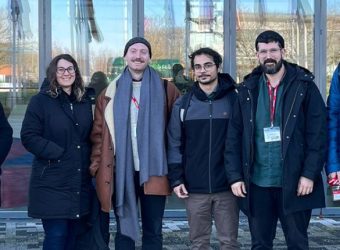Measurement, Reporting and Verification (MRV) systems are currently experiencing significant transformations through digital innovations and distributed ledger technology to enhance trust and stakeholders’ abilities to mobilize resources for, and to participate in, climate actions and the United Nations sustainable development goals. More specifically, satellite Earth Observation-based MRV has the potential to enhance transparency, accuracy and reliability related to the issuance of carbon credits, thereby enabling carbon markets. In doing so it holds tremendous potential to drive sustainable finance.
Considering those potential benefits, the GDA AID Climate Resilience activity has sought to demonstrate the use of Earth Observation for digital MRV systems and communicate not only on the opportunities related to the use of earth observation data but also the potential limitations and challenges related to those technologies.
As such, a dedicated workshop was organized on 3 February 2023 for the Digital 4 Climate (D4C) working group with a focus the use of Earth Observation data for Soil Organic Carbon (SOC) MRV systems. The D4C working group is an initiative part of the Climate Warehouse program and consists in a collaboration between the European Bank for Reconstruction and Development (EBRD), United Nations Development Programme (UNDP), United Nations Framework Convention on Climate Change (UNFCCC), ESA, International Emissions Trading Association (IETA) and the World Bank that aims at creating a modular and interoperable end-to-end digital ecosystem for carbon markets.
Through the workshop, Carlos Domenech (leader of the GDA AID Disaster Resilience activity at GMV in Spain) presented existing methodologies and their limitations as well as a concrete example and application on Nigeria (see Figure 1 below), which is being implemented under the GDA AID Climate Resilience activity. This presentation was then followed by a discussion with the stakeholders in the presence of the ESA representative to the World Bank (Alex Chunet) and the ESA Technical Officer for the GDA AID Climate Resilience Activity (Clement Albergel).
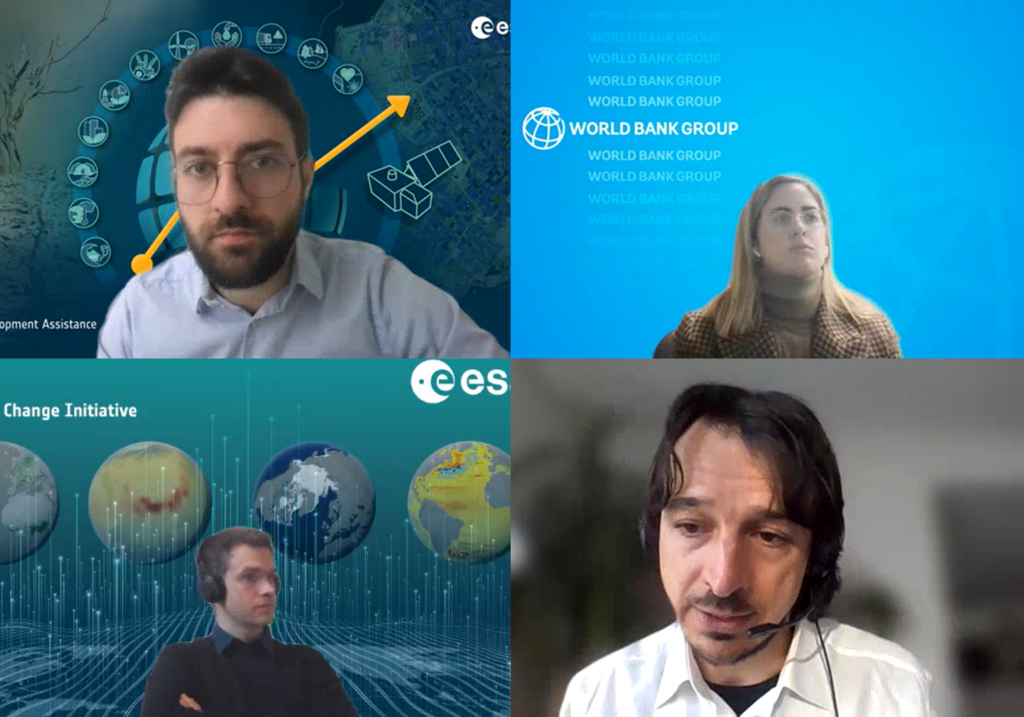
Following the great interest that was shown by members of the D4C working group, ESA and the GDA AID Cluster are currently in ongoing discussions with UNDP and EBRD regarding potential support that could be provided to the implementation and operationalization of Earth Observation-based MRV systems.
